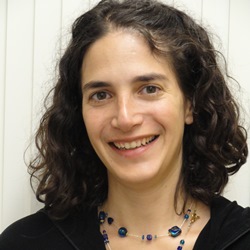
What really matters: Children's inferences about learning, trying, and caring.
Description
Previous work in my lab has shown that many epistemic practices canalized as science in our culture emerge in early childhood, supporting children's ability to draw rapid, abstract, accurate inferences from spare, noisy data. Here I discuss how such rational learning extends to inferences about the self and the social world. In the first part of the talk, I will show that very young children can draw accurate inferences about how others will update their beliefs from evidence, can simulate the outcome of simple interventions to decide when learning will be easy and when it will be hard, and can generalize from others' effort and outcomes in ways that affect their own persistence at tasks. In the second part of the talk, I will discuss a new model of social cognition (the "naive utility calculus") which proposes that children decompose goal-directed behavior into costs and rewards, supporting a wide range of inferences about others' competence and motivation with implications for moral reasoning and pragmatic understanding. Finally, I will introduce some new work on emotion, showing that children can use others' emotional reactions to events to infer both their beliefs and desires, and probable eliciting causes in the outside world. I will conclude with some future directions, including the introduction of our new online developmental laboratory (Lookit!), which has the potential to expand both the questions we ask, and the populations we reach.
Speaker Bio
Laura Schulz is the Class of 1943 Career Development Associate Professor of Cognitive Science in the Department of Brain and Cognitive Sciences at MIT. She received the Troland award from the National Science Foundation in 2012, the Macvicar Faculty Fellowship at MIT in 2013, and the American Psychological Association Distinguished Scientific Award for Early Career Contribution to Psychology in 2014. She has a Ph.D. in Developmental Psychology from the University of California, Berkeley and a B.A. in Philosophy from University of Michigan.

